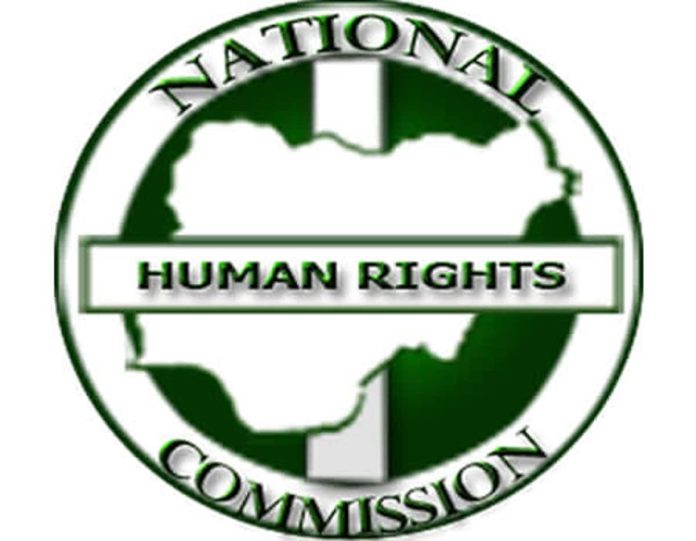The National Human Rights Commission, NHRC, has urged the National Assembly to approve a significant increase in its 2025 budget allocation to address pressing human rights challenges in Nigeria.
The Commission had recently revealed that it handles over two million rights violation complaints annually.
Stakeholders in the human rights sector had over the years observed that the Commission’s budgetary allocations are not enough to effectively handle the high number of complaints, most of which require extensive investigation.
The need for adequate funding for the NHRC again came to the fore during the Commission’s 2024 budget defence, and presentation of its 2025 budget proposal, before the Joint Committees on Human Rights of the Senate and House of Representatives.
At the session, chaired by Senator Adegbomire Adeniyi, SAN, Chairman of the Senate Committee on Judiciary, Human Rights, and Legal Matters, and Peter Makinde, Chairman of the House Committee on Human Rights, the NHRC outlined the need for enhanced funding to tackle its growing responsibilities effectively.
The Executive Secretary of the NHRC, Dr. Tony Ojukwu, highlighted the Commission’s challenges in handling over two million complaints annually.
He explained that while the Commission’s N5 billion budget for 2024 achieved a near-perfect 99.999 percent implementation rate, including the completion of eight new state offices, the allocation remains insufficient to meet the increasing demand for human rights services.
“The sheer volume of complaints—over 2 million annually—is overwhelming,” Ojukwu stated.
“Investigating a single case costs approximately N8,000,000. To handle this caseload effectively, the Commission would require a minimum of N16 billion annually, yet the current allocation falls far short of this figure.”
In response to these challenges, the NHRC has proposed an N8 billion budget for 2025, marking a 60 percent increase from the previous year.
Ojukwu, however, appealed to the lawmakers for further consideration, proposing an upward revision to N19.55 billion. This adjustment, he argued, is critical to improving the Commission’s capacity to address emerging human rights issues, such as terrorism, communal conflicts, insurgency, natural disasters, and inflation-induced operational costs.
Ojukwu emphasized that additional funding would also enable the Commission to establish more offices across the country, ensuring broader access to its services.
“This proposed budget reflects our commitment to a more inclusive and just society,” he stated. “It will strengthen our ability to respond swiftly to human rights violations and enhance community engagement to promote awareness and accountability.”
The lawmakers commended the NHRC for its strategic focus and dedication to its mandate. While some members sought clarifications on specific aspects of the proposal, the executive secretary addressed their concerns comprehensively.
If approved, the proposed increase would mark a significant step towards addressing persistent human rights challenges in Nigeria, including gender-based violence, child rights violations, police brutality, the operations of the National Preventive Mechanism, an added responsibility to the NHRC, and the conduct of public inquiries into human rights abuses.
The National Assembly is expected to conclude its deliberations on the budget proposal in the coming weeks, with hopes that the Commission’s call for enhanced funding will be met to bolster its capacity to serve Nigeria’s growing human right’s needs.
Share your story or advertise with us: Whatsapp: +2347068606071 Email: info@newspotng.com















